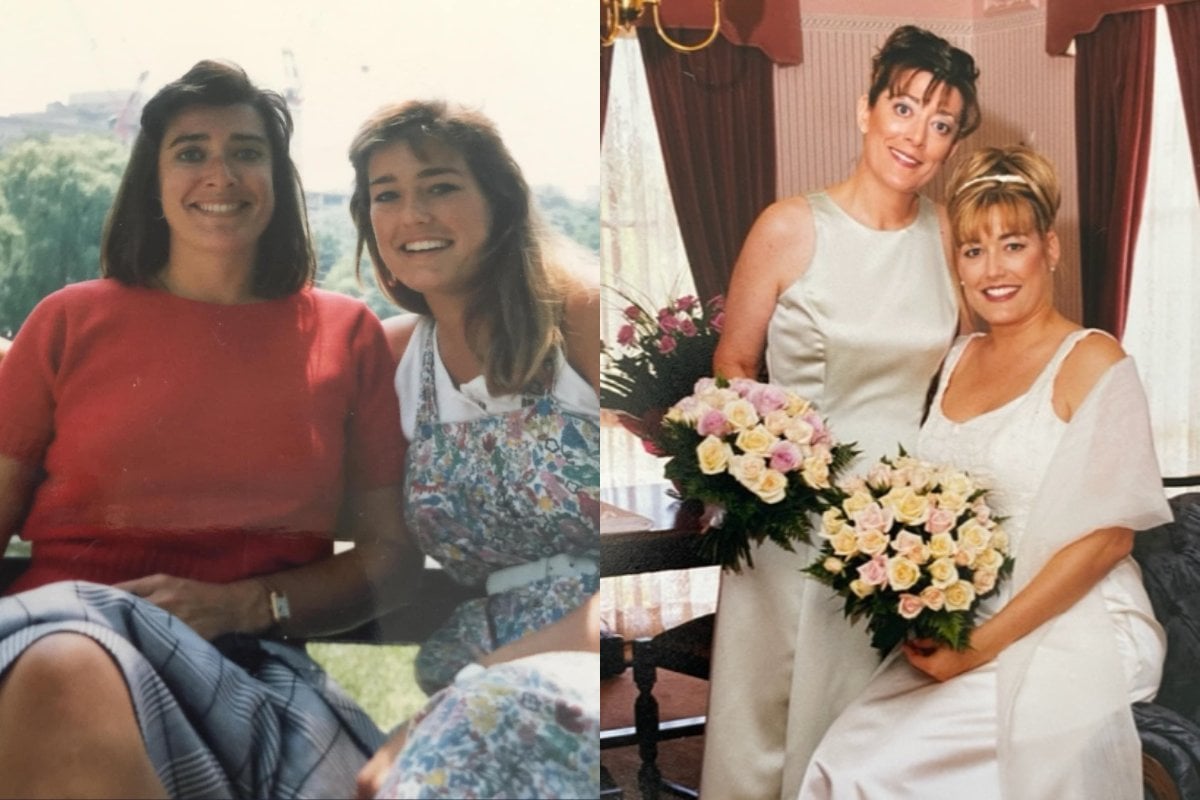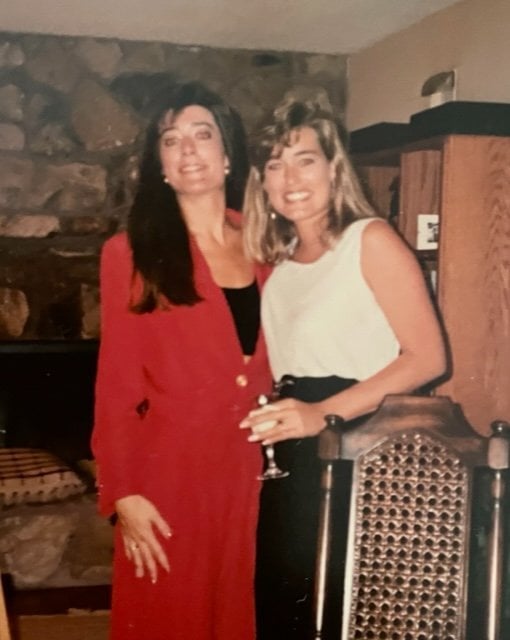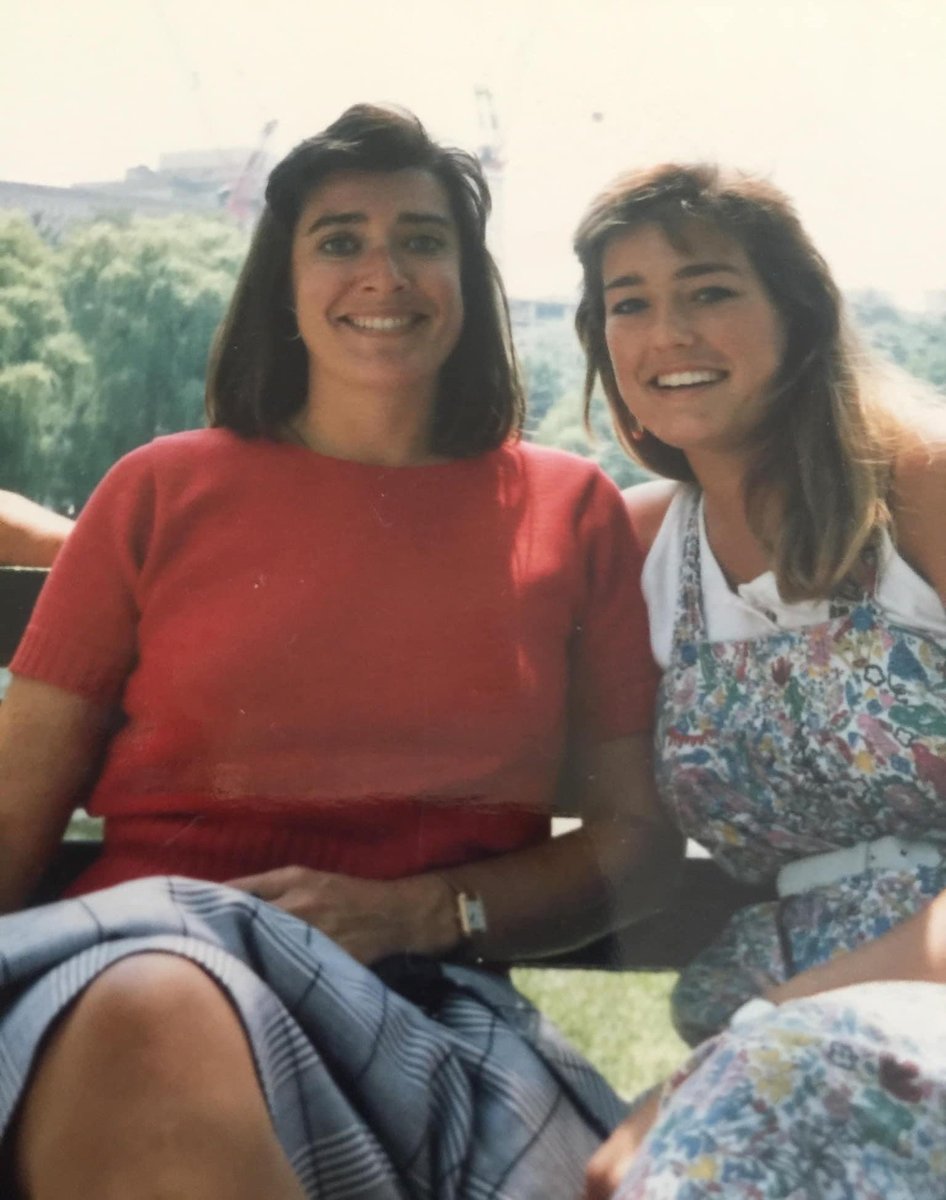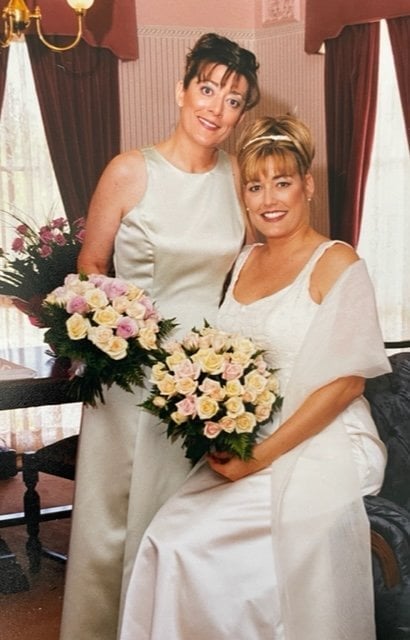
As told to Polly Taylor
Dancing in a dive bar to Boy George with my sister Kathy, it had been decades since we had a sister night out.
I'd flown from my home in Melbourne, to visit her in Maine, USA, where she lived with her husband - and she surprised me with a night out at the locally famous Bubba's Sulky Lounge - just the two of us.
 Image: Supplied.
Image: Supplied.
But by the end of the evening, with me icing my sore ankle, and her with a heat pack on her back, we were painfully reminded we were both now in our fifties.



Top Comments